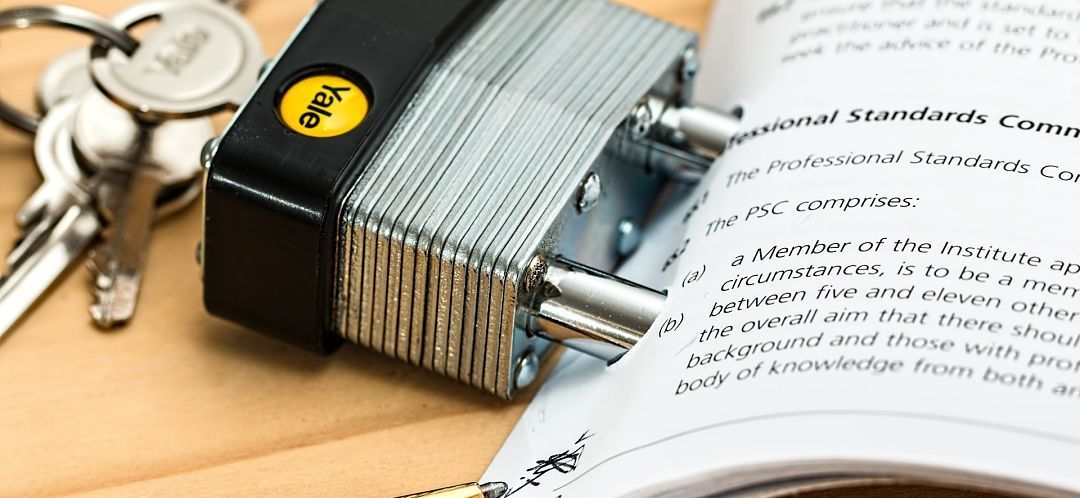What Constitutes Service Of Legal Documents?
Posted on 8th November 2021 at 15:51
The Service of Legal Documents
Service of legal documents in a prescribed way may be a requirement of a court order. Successful service will help to avoid potential and costly delays. Some proceedings and the subsequent court hearing are only attended by one party. Here the service of legal documents is the only way the respondent or defendant is made aware of the court order. This is the only way they will learn about the order or be able to contest it.
There can be disputes about the legitimacy of service. However, two cases heard in London in 2015 clarify what constitutes “personal service” in the context of legal documents.
Tseitline vs Mikhelson and Others
In the case of Tseitline vs Mikhelson, the question was whether Mr Mikehelson had, whilst visiting London, been validly served with a claim form issued by Mr Tseitline.
There were two attempts made to serve Mr Mikhelson with the documentation.
The first attempt was made as Mr Mikhelson was leaving his car. He was approached by a process server who held out an envelope and explained that it contained court proceedings. Mr Mikhelson, who did not speak English initially took hold of the envelope. However, following an exchange with his daughter, who did speak English, then quickly let go of the documents, leaving the process server still holding it.
The second attempt was when the process server’s colleague lodged the envelope between Mr Mikhelson’s arm and body. This time Mr Mikhelson did not take hold of the envelope which ended up on the floor, either from him throwing it or allowing it to drop.
The Present rule (CPR6.5) simply provides that a claim form “is personally served on an individual leaving it with that individual”. Case Law applies a two-stage test:
“Personal service requires that the document be handed to the person to be served or, if he will not accept it, that he be told what the document contains and the document to be left with or near him.”
The initial attempt of the service of legal papers did not succeed because it was not clear the envelope contained court papers. However, the second attempt was successful as Mr Mikhelson then knew, (due to his English speaking companion), that the process server wanted to serve legal proceedings on him. It was immaterial that the envelope was in his possession for only a short period of time.
Morby vs Gate Gourmet Luxembourg and Another
In another case, we have Morby Vs Gate Gourmet Luxembourg. Again, the courts took a pragmatic approach in deciding whether the service of legal documents had been completed.
Mr Morby agreed with his creditors to accept service of a bankruptcy petition at Heathrow Airport. Mr Morby was accompanied at the meeting by a Mr Malik. His role was to check the petition was accurate.
The process server, Mr Beecham said he handed the petition to Mr Morby. However, Mr Morby denied this and alleged Mr Beecham gave the petition straight to Mr Malik. Mr Malik felt there were inaccuracies in the petition and tried to hand it back to Mr Beecham. The process server refused to accept the return of the petition whereupon Mr Malik simply put it in a bin.
The court had to decide whether, assuming Mr Morby was correct when he claimed that he had not even touched the petition, had he still been personally served with it.
The test was easily satisfied. Mr Morby knew what the document contained when he agreed to meet the process server. At the appointment, Mr Morby could have retrieved the petition either from Mr Malik or from the bin. The petition had definitely been left either “near” or “with” him. That was sufficient.
Mr Morby was served with a document even though he did not touch it at all, according to the court. These rulings are the result of what the judge described as:
” a common sense test that resolves an important practical difficulty of effecting personal service arising in many cases, namely, the refusal of an astute potential receipt of personal service to accept the proffered document, in hope of avoiding the personal jurisdiction of the court.”
For further details please contact us at info@ccsnationwide.co.uk
Written by Andy Payne at TLC Legal Solutions – Process Servers, Tracing Agents and Private Investigation Services.
Share this post:



















